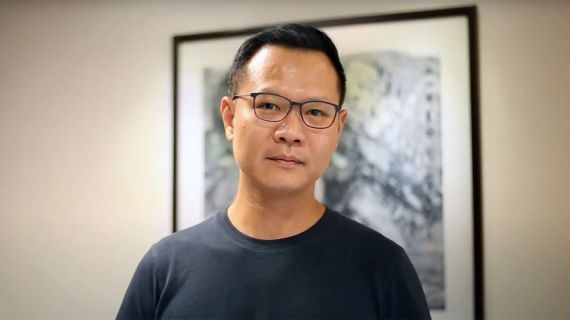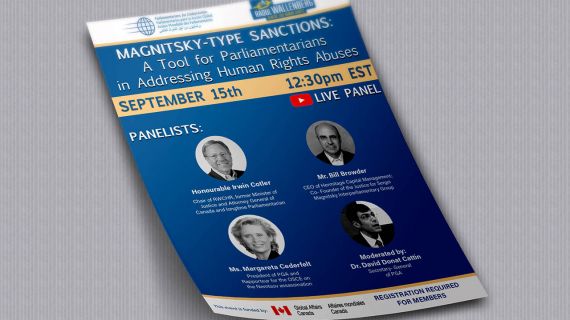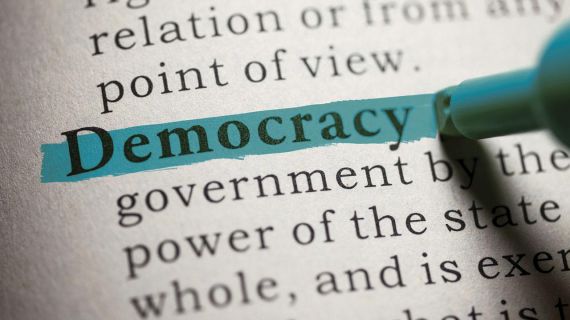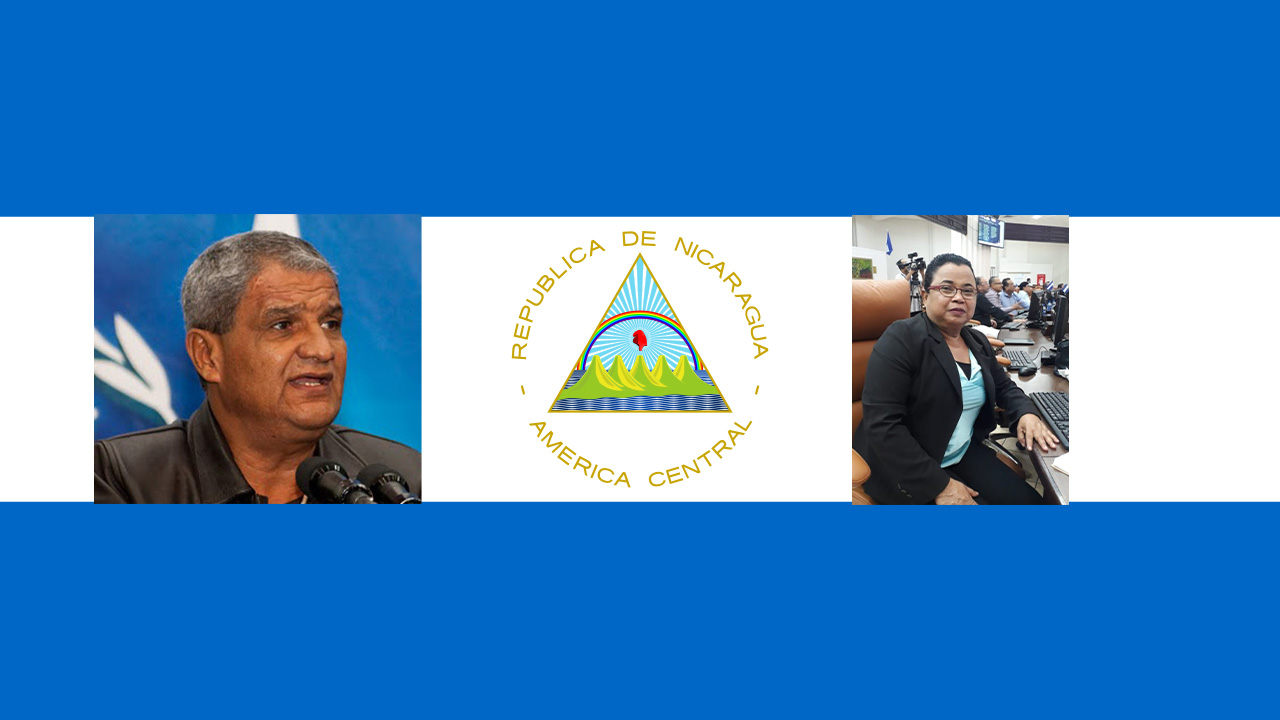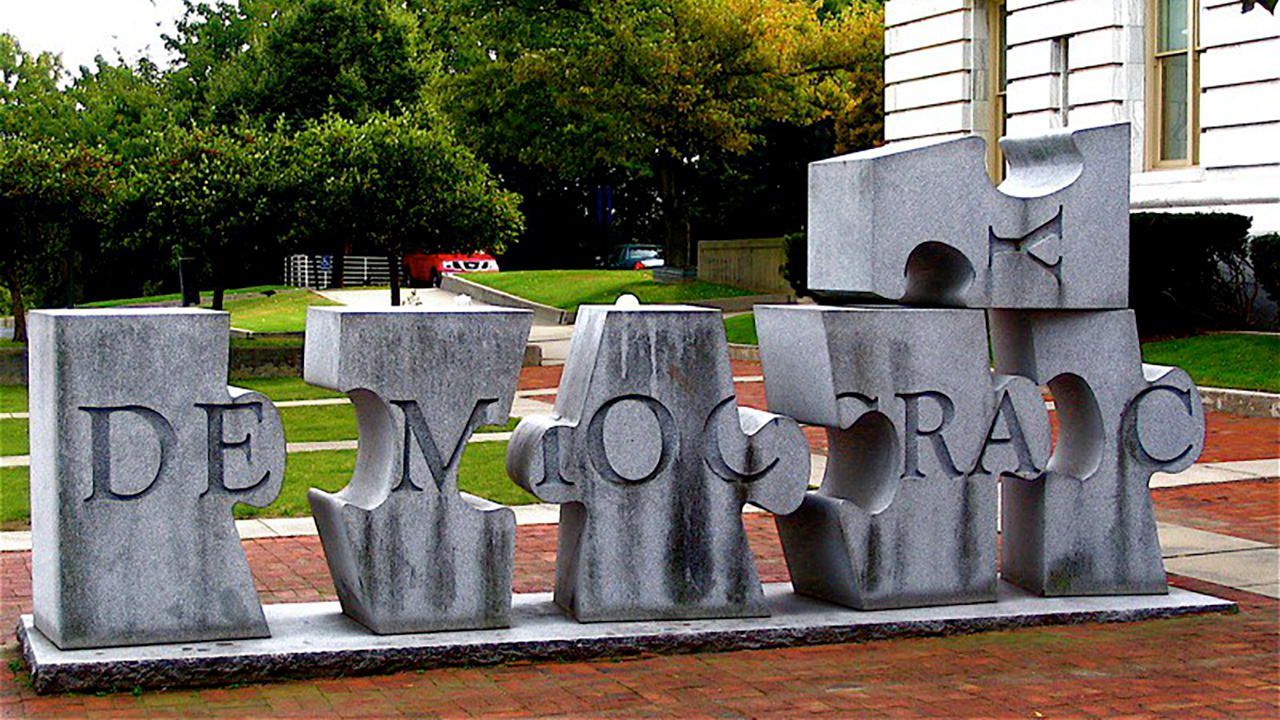
On this International Day of Democracy, we reflect on the potential of Artificial Intelligence (AI) and democratic governance. While a responsible and transparent use of AI allows for greater public participation, equality, security and human development, parliamentarians play a fundamental role in regulating its use and addressing the threats it can pose to democracy, peace and security.
As the world moves towards digitalization, the use of and dependence on information technology, networks and databases has pervaded society. Targeting and illegally exploiting computer systems and data have also become increasingly common. Cyber-based illegal activities have increased both in number and in sophistication. We have witnessed the capabilities of this technology to produce disinformation and misinformation, which negatively influence democratic representation, undermines accountability, and erodes social and political trust. The impact is both at the institutional level and at the individual level, where even members of parliament are victims.
AI tools are widespread and rapidly evolving - including in parliamentary processes. It is thus imperative to establish ethical and operational guidelines to ensure accountability and transparency, while protecting human rights, including privacy.
The technical and evolutionary nature of AI and its applications pose a challenge to parliaments. Despite regulatory efforts regionally and internationally, there is a lack of regulation at the national level. The European Parliament adopted the AI Act in March 2024, which imposes a series of obligations to developers. The Council of Europe finalized the Framework Convention on AI, Human Rights, Democracy, and the Rule of Law, the first legally binding global treaty on artificial intelligence (AI) opened for States’ signature on the 5 September 2024. In March 2024, the United Nations General Assembly adopted a resolution to steer the use of AI toward global good. The goal of the resolution is to establish safe, secure, and trustworthy AI systems to accelerate the implementation of the 2030 Agenda for Sustainable Development.

On the International Day of Democracy, it is timely to reflect on the great leap that humanity has taken by incorporating a significant percentage of its population into cyberspace, this new digital domain in which we live and coexist.
Although digitalization and the lawful use of data provide a great opportunity, there are also risks associated with any technology, which in themselves are neutral, but it will depend on how we use them, the result that will be obtained.
Generative artificial intelligence represents a great challenge today, not only to regulate its development and use, but also because of the incredible realism with which voices, photos and videos of people in totally real but artificially created attitudes can be reproduced.
Our democracies are based on solid principles and human rights, which are rights “of humans” in cyberspace and not of machines or artificial intelligences. We need robust digital identities with multiple authentication factors and even proof of life, to ensure that it is humans behind a social networking profile, even if they maintain a pseudonym or stage name, just as they would in the physical world.
Crimes committed by or through Artificial Intelligence should be penalized with the maximum aggravating circumstances, because by breaking the line of ethics, they can even destroy humanity.
I invite you to form the “Digital Caucus of Parliamentarians” to join efforts that can protect us digitally now and future generations.
Senator Kenneth Pugh (Chile), Member of the Defense Committee
Heterogeneous legal frameworks, limited judicial capacities to counter cybercrime and secure electronic evidence and scarce information infrastructures have made societies worldwide vulnerable targets for cybercrime. Governments struggle to reconcile effective responses to cybercrime with human rights and the rule of law online.
Parliamentarians have wide legislative and oversight prerogatives and can act to protect democratic institutions and individuals by:
- Adopting strict data protection rules and policies;
- Enforcing ethical and transparent guidelines to frame the use of AI;
- Conducting privacy impact assessments;
- Engaging with marginalized communities and advocacy groups to prevent discriminatory bias or unbalanced training data;
- Engaging with civil society organizations with expertise in democracy-strengthening;
- Ensuring collaboration with research and specialized institutions to support parliamentary work on addressing AI’s impact on fairness, equity and non-discrimination.
Additionally, parliamentarians can advocate for the ratification of international instruments that promote cybersecurity and their implementation domestically. The Budapest Convention on Cybercrime serves as a guideline for any country developing comprehensive national legislation against cybercrime and as framework for international cooperation between States Parties to this treaty. The Convention has a First Additional Protocol concerning the criminalization of acts of a racist and xenophobic nature committed through computer systems and a Second Additional Protocol to the Convention on Cybercrime on Enhanced Cooperation and Disclosure of Electronic Evidence.
To ensure democratic governance, parliamentarians, as representatives of the people, play a critical role in understanding AI and regulating its establishment and use, while safeguarding human rights and democratic principles and values.

